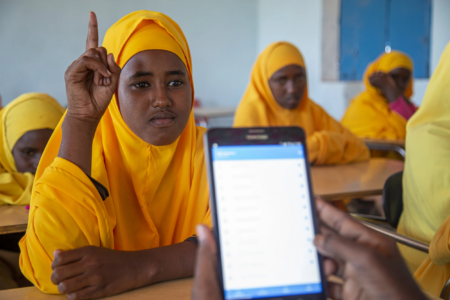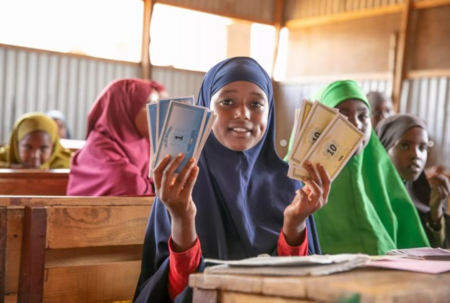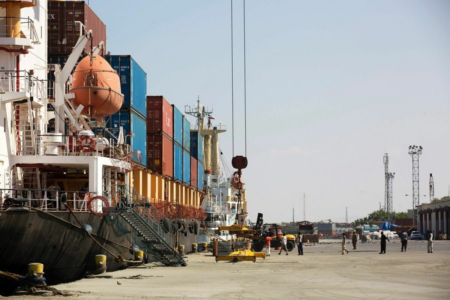In the heart of Mogadishu, where rebuilding efforts are reshaping Somalia’s future, a quiet revolution is unfolding — not through politics or trade, but through education technology.
Across schools and community centers, digital classrooms are opening doors for a generation once cut off from consistent learning.
How Digital Classrooms in Somalia Change the Future
Over the past decade, Somalia has faced immense challenges in rebuilding its education system after years of conflict.
Yet, in 2025, a new wave of digital innovation is helping bridge long-standing gaps.
Through mobile learning apps, online training, and virtual classrooms, students now have access to lessons, teachers, and resources that transcend geography and insecurity.
“Smart Learning Project”
Organizations such as SomaliREN, UNICEF, and the Ministry of Education, Culture and Higher Education are leading digital transformation projects.
These initiatives aim to connect rural schools to the internet, provide low-cost tablets, and train teachers in using digital tools effectively.
One example is the “Smart Learning Project” launched in Mogadishu and Hargeisa, equipping classrooms with solar-powered devices and e-learning platforms tailored to the Somali curriculum.

Can Digital Classrooms Replace Teachers?
“Technology is not replacing teachers — it’s empowering them,” says Amina Hassan, a digital literacy trainer in Mogadishu.
“Students who once shared one book per class now access entire libraries online.”
For many Somali youth, online education also means opportunity beyond borders.
Access to open courses, virtual universities, and technical training allows them to gain global skills while remaining rooted in their communities.
This shift supports Somalia’s broader Vision 2030, which prioritizes innovation, youth development, and digital inclusion.
Challenges
However, challenges remain — including unstable electricity, limited connectivity in remote areas, and the high cost of digital devices.
Despite this, progress is visible.
More schools are joining national e-learning networks, and Somali start-ups are developing local education apps in the Somali language.
The rise of digital education in Somalia is more than a technological trend it is a symbol of hope and resilience.
From Mogadishu’s digital classrooms to rural learning hubs, technology is helping rebuild not only Somalia’s education system but also its confidence in a brighter, connected future.








